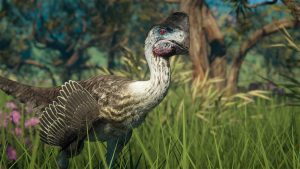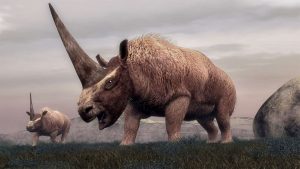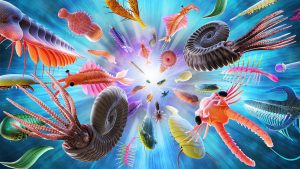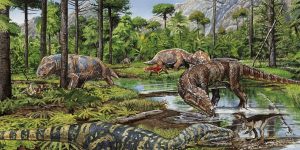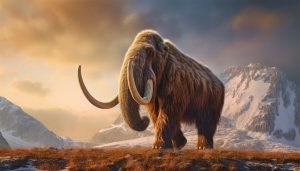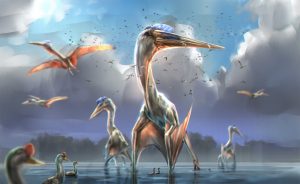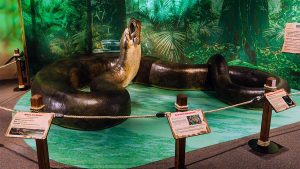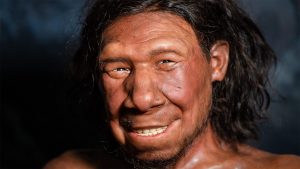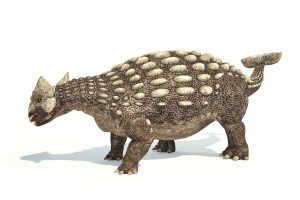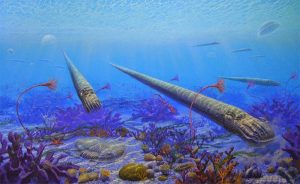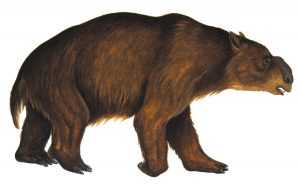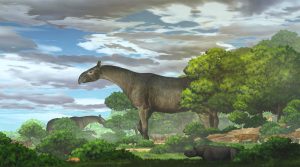
20 interesting facts about fossils
- 👁️ 1142
Fossils are the remnants or impressions of organisms from past geological ages, offering us a window into the prehistoric world. They bridge the immense gap between the present and the deep past, allowing us to piece together the evolutionary journey of life on Earth. Their discovery and study have been instrumental in shaping our understanding of natural history, the changing climate, and the myriad species that once roamed our planet. Whether we’re looking at the colossal bones of a dinosaur or the delicate imprint of ancient flora, fossils bring the distant past closer to us.
- Fossils can be categorised into two main types: body fossils, which are the remains of plants and animals, and trace fossils, which are the imprints of animal activity, like footprints or burrows.
- The process of fossilisation often requires specific conditions, including rapid burial and the presence of preserving sediments, like volcanic ash or mineral-rich water.
- Not all fossils are ancient; some are relatively recent in geological terms, representing species that lived just a few thousand years ago.
- The oldest known fossils are stromatolites, layered structures formed by the growth of bacteria, dating back about 3.5 billion years.
- Fossilised tree resin, or amber, can preserve organisms, often insects, in remarkable detail.
- Paleontology is the scientific study of fossils to understand the history and evolution of life on Earth.
- The La Brea Tar Pits in Los Angeles contain an abundance of Ice Age fossils, preserved as animals became trapped in the sticky tar.
- Some fossils, like those of the Burgess Shale in Canada, provide a detailed snapshot of ancient marine life.
- Soft-bodied creatures and plants are less likely to be fossilised than hard-bodied ones because they decompose more rapidly and don’t have hard parts to leave behind.
- Index fossils are fossils of plants or animals that existed for a relatively short duration but were geographically widespread. They help in dating other fossils found in the same layer.
- Dinosaurs are only a tiny fraction of the organisms that have become fossilised, yet they are some of the most well-known fossils.
- Some fossils show evidence of ancient diseases, injuries, or even signs of interaction between species.
- Fossil fuels, such as coal, oil, and natural gas, get their name because they are derived from the decayed remains of ancient plants and animals.
- Fossils have also played a key role in understanding mass extinction events, showing patterns of sudden drops in biodiversity.
- Microfossils, incredibly tiny fossils often of single-celled organisms, require microscopy to be studied.
- Fossil ‘Lagerstätten’ are sites of exceptional preservation where an abundance of fossils representing a variety of species can be found.
- Some fossils have been pivotal in the study of human evolution, like the famous “Lucy,” a 3.2 million-year-old Australopithecus afarensis skeleton discovered in Ethiopia.
- Transitional fossils provide evidence for evolutionary change, displaying characteristics of both ancestral and descendant lineages.
- In some cases, fossilised faecal matter, called coprolites, can offer insights into the diet and habitats of ancient organisms.
- The study of ancient pollen and spores, known as palynology, is a subset of paleontology, which aids in understanding past environments and climate change.
Fossils provide a tangible connection to a world that once was, bringing to life the stories of Earth’s prehistoric eras. They are essential tools in piecing together the jigsaw puzzle of our planet’s history. As each new discovery fills in more of the picture, we are reminded of the dynamic nature of life on Earth and the fleeting moment we occupy in its vast timeline.
